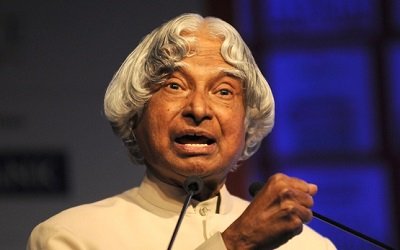Inside BENEO’s new pulse plant: pioneering sustainable protein from faba beans
Although the former President and country’s top scientist Dr APJ Abdul Kalam had earned a reputation and was popularly known as the “missile man”, being a true scientist he had shown keen interest in various branches of science and technology touching the human life, including food, food technology and food processing.
Just two and half years back, in January 2013, addressing a gathering of organic farmers, agri-scientists and producers of organic farming products, Dr Kalam stressed the need for making available dependable, high quality bio seeds for organic farming. He also suggested that the farmers process their own crops and market their produce, eliminating middlemen- all, through a cooperative model.
He had praised the Warna model in Kolhapur district of Maharashtra where six lakh people have developed the cooperative model of producing, processing and marketing crops, while keeping middlemen at bay. That model should be replicated to start the second green revolution, he said.
On the challenges of the future farming, Dr Kalam had warned agriculture land, water resources and manpower in farm sector would shrink while the demand for food grains would increase. Over 250 million tons of food is grown in 170 million hectares of land. The challenge would be, by 2020, only about 100 million hectares land may be available while food requirement would rise, he had said.
Earlier, in June 2006, while addressing the State Bank of India’s biennial celebrations, he had called for investment in agro-food processing so that the farmer gets the benefit of higher yield from farm through value addition to produce. He had asked banks to become proactive venture capitalists and ncrease the agriculture and agro-processing credit to 20 per cent of the total loans disbursed, from the present 10 per cent. He had said that a farm management-based approach that would provide newer technologies to the farming community would have to be adopted to raise agricultural growth.
Prior to that, in May 2003, while delivering the SLK (S.L. Kirloskar) memorial lecture as part of the S.L. Kirloskar birth centenary celebrations in Pune, Dr Kalam had urged the Kirloskar group of companies to accept the challenge of introducing agro-based, food-processing technology in the coming years to fulfil India’s requirement of 400 million tonnes of foodgrains by the year 2020. He had pointed out that agriculture, despite being the backbone of the country, was contributing only 10 per cent to the gross domestic product (GDP) of the country.

